Employee Spotlight: Ana
Hospice Promise
MARCH 31, 2022
We’re ending #NationalSocialWorkMonth on a high note with a spotlight on Ana, MSW, one of our lovely Social Workers! Ana has been a Social Worker for three years now. She obtained her Master’s in Social Work and has been with Hospice Promise since finishing her schooling! Employee Spotlight: Ana.


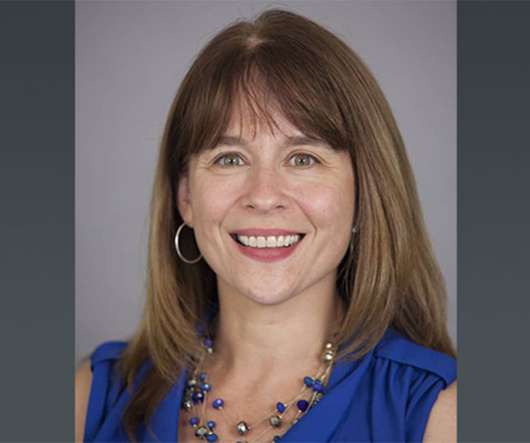




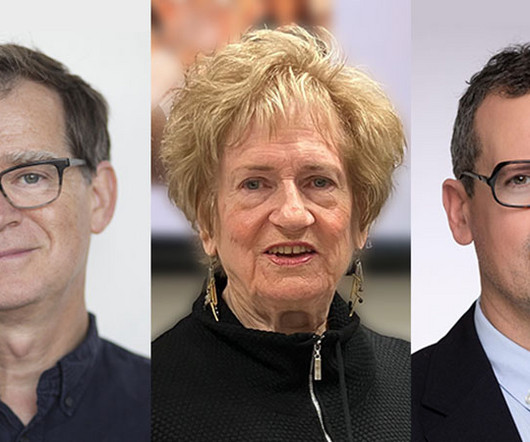
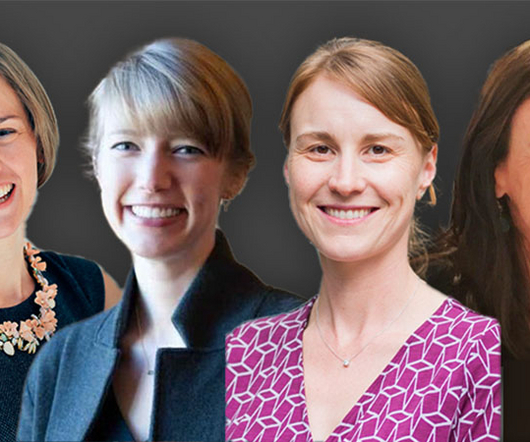

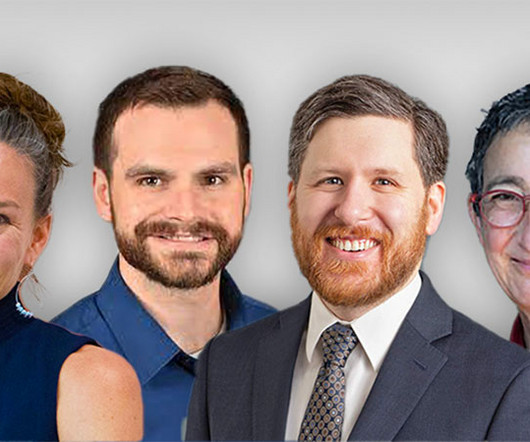
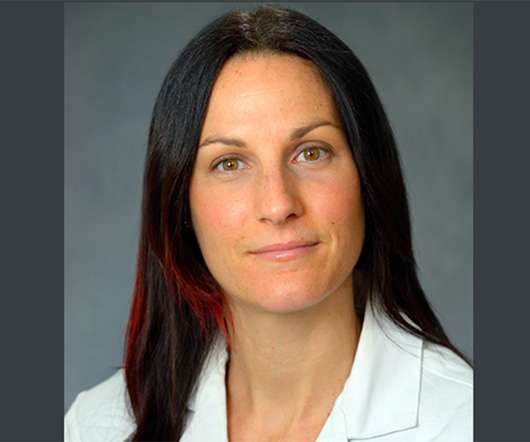
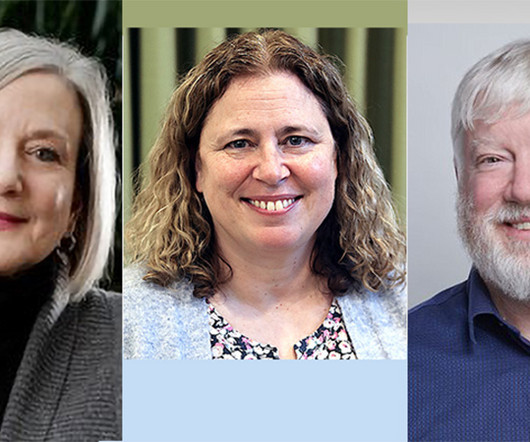


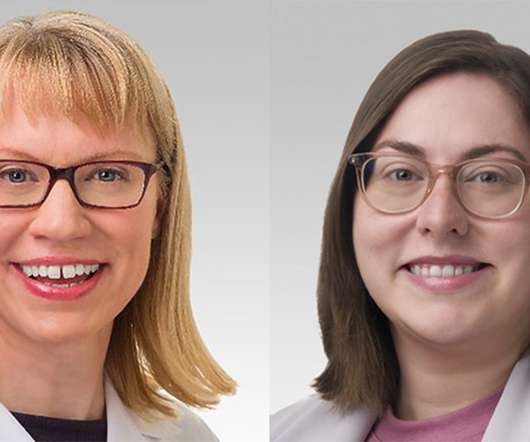
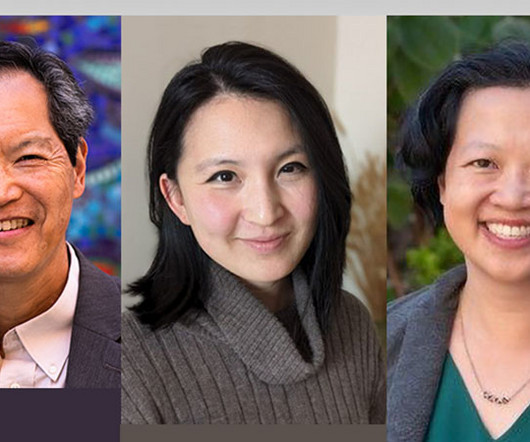
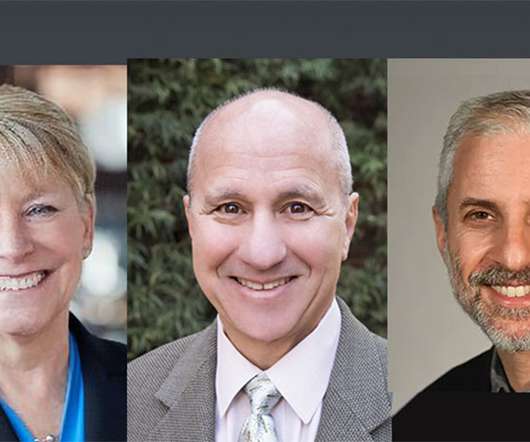






Let's personalize your content